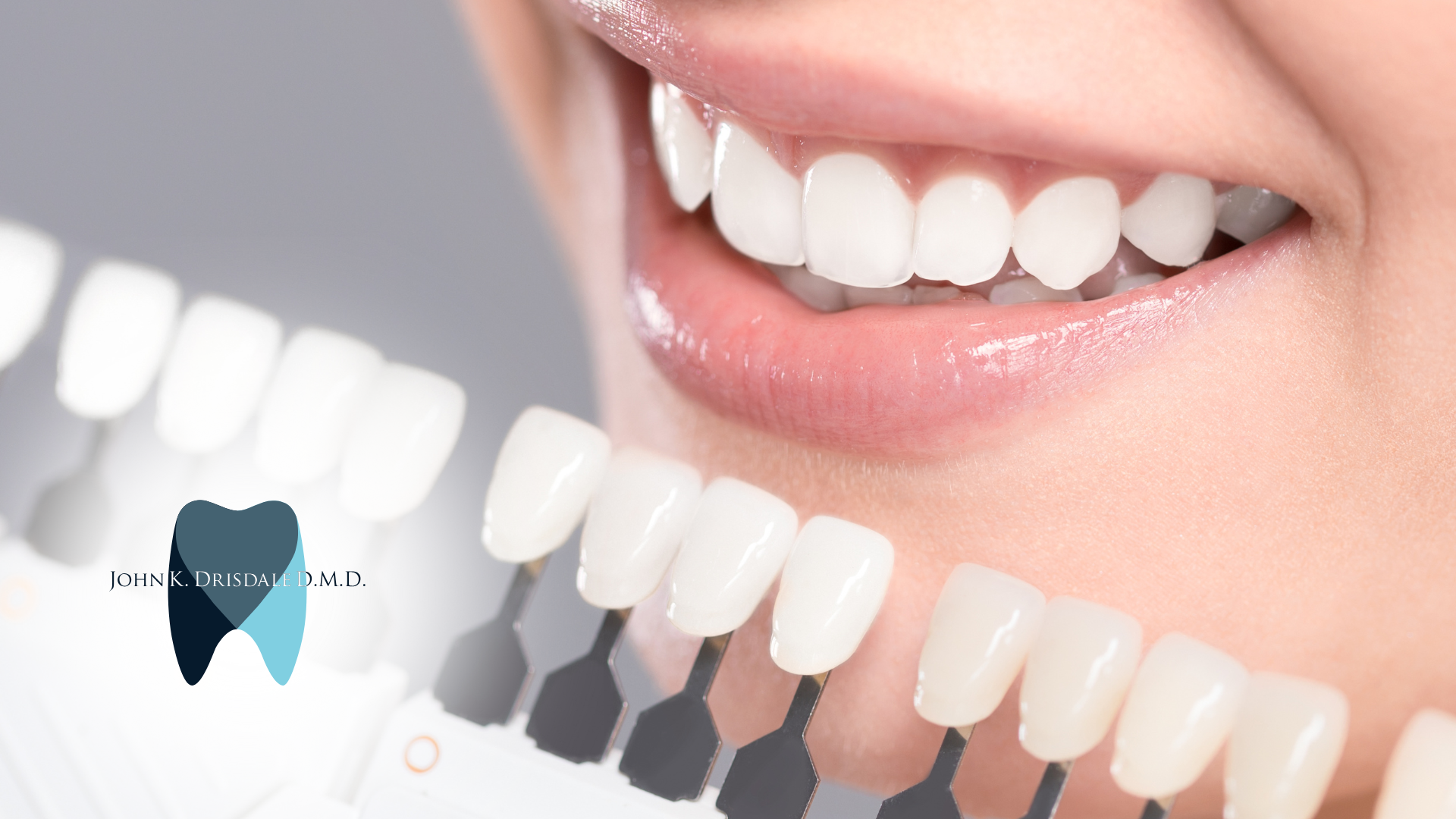The Importance of a Dental Bite Evaluation
The Importance of a Dental Bite Evaluation
A healthy mouth isn't just about white teeth and gum health - it also involves a well-aligned bite. Bite evaluations are an essential, yet often overlooked, aspect of dental health. These assessments allow dentists to analyze the positioning of your teeth when your jaws come together. Understanding the significance of a bite evaluation can help maintain not just your oral health, but your overall well-being.
What is a Dental Bite Evaluation?
A bite evaluation, also known as an occlusal examination, is a comprehensive assessment of how your upper and lower teeth connect when your mouth is closed or during a biting action. The evaluation checks for any discrepancies or abnormalities in your bite that could contribute to oral health issues.
Why is a Bite Evaluation Important?
A bite evaluation is crucial for many reasons. An abnormal bite, also known as malocclusion, can lead to a variety of issues that affect your daily life. These may include difficulty chewing, speech problems, jaw pain, or abnormal wear of tooth enamel. Moreover, malocclusion can result in temporomandibular joint disorders (TMD), a group of conditions characterized by pain and dysfunction in the jaw joint and muscles that control jaw movement.
How is a Bite Evaluation Completed?
During a bite evaluation, your dentist will ask you to bite down naturally to see how your teeth align. They might use articulating paper, a thin paper strip coated with colored dye, placed between your teeth. When you bite down on the strip, it leaves colored marks on your teeth where they come into contact, revealing high spots or misalignments.
Your dentist might also take X-rays, perform a visual examination, and use digital scanning technology to gain a more detailed understanding of your bite's alignment and the relationship between your jaw joints, teeth, and facial muscles.
Conclusion
A bite evaluation is a vital component of comprehensive dental care. It's not only about ensuring your teeth are straight but also about guaranteeing they align well when your mouth is closed or during biting and chewing. By identifying and addressing any bite issues early, you can prevent future dental complications and maintain your overall oral health.



